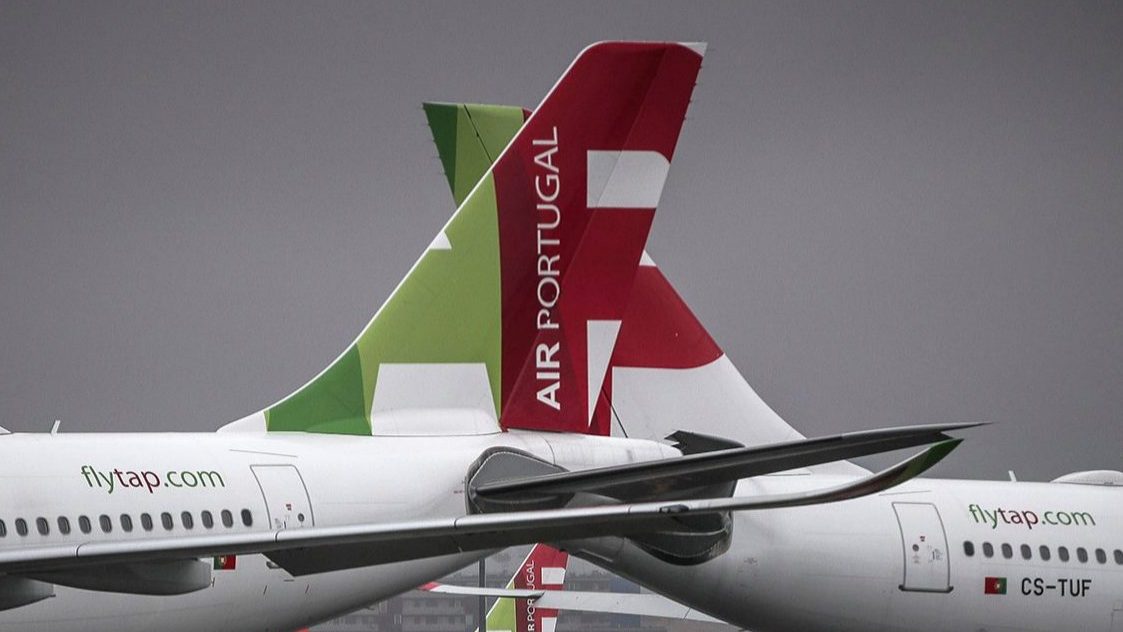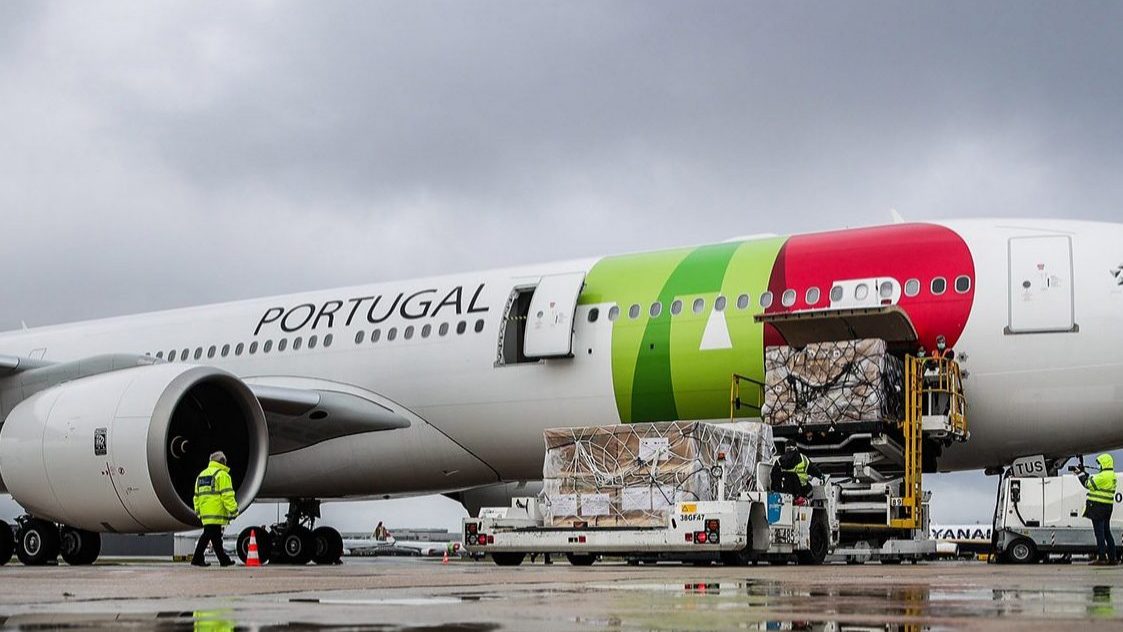TAP’s purchase of new planes underwent rigorous scrutiny
Former TAP shareholder states that the aircraft acquisition process, which everyone knew about and approved, underwent rigorous political and technical scrutiny.
Former TAP shareholder David Neeleman guarantees that the aircraft acquisition process, which everyone knew about and approved, underwent rigorous political and technical scrutiny, without any doubts or reservations ever being raised.
Last week, Portugal’s infrastructure minister said in parliament that the TAP board had requested an audit because it suspected it was paying more for the planes – acquired under the management of private shareholders – than competitors and that the government had forwarded the conclusions to the public prosecutor’s office.
On Monday, in a written reaction in response to a request from Lusa, the former private shareholder of TAP, through the Atlantic Gateway consortium, which carried out the renewal of the company’s fleet, said he was “surprised” by the audit, and conclusions, made of the management of his period.
“This statement, from a high representative of the Portuguese state about a foreign investor who, in time, prevented the bankruptcy of the country’s flag carrier, cannot go without a response,” he says.
Neeleman recalls that one of the key points of the Strategic Plan for TAP – approved by all those involved in the privatisation process (including the state, he says) – which the consortium “proposed and complied with” consisted of renewing the fleet, one of the “oldest in Europe”, so its rejuvenation was “urgent” as “one of the conditions for survival and future growth” of the company.
“The acquisition of the aircraft from Airbus was a complex and lengthy negotiation but one which we concluded successfully and which allowed us to carry out the necessary and urgent renewal of the fleet, which “was recognised by all those who analysed the Strategic Plan for TAP and which justified the choice of our consortium to acquire TAP”, says David Neeleman.
The Atlântico Gateway consortium – made up of shareholders Neeleman and Portuguese businessman Humberto Pedrosa – won the privatisation of TAP, carried out by the PSD/CDS-PP government, an operation that was partially reversed in 2015.
“The new TAP aircraft were acquired at market prices, as demonstrated by the various independent assessments presented and confirmed by the rigorous and exhaustive political and technical scrutiny, typical and desirable when it comes to a privatisation process and a shareholder reorganisation process with the Portuguese State,” the former shareholder stresses.
Neeleman further reinforces this idea with the assurance of the interest of a major airline – whose name he does not mention, but which when he left TAP he confirmed as being Lufthansa -, in buying the Portuguese carrier.
“If there were any doubts about the decision to renew the fleet, the capacity of the management team or the prices negotiated with Airbus, a few weeks before the pandemic, a major European aviation player, a world reference above any suspicion, made us an offer for a stake in TAP, valuing the company at almost a billion dollars. This offer was naturally only formalised by the player after a rigorous due diligence process. Can anyone imagine that this offer would have been made if the contracts signed for the renovation of the TAP fleet had not met market standards?
In an interview with Bloomberg on April 23, 2021, Neeleman said he was about to sell his stake in TAP – 45% owned by the consortium, of which he had a 50% stake – for $250 million.
Still on the scrutiny done, he adds that the entire contractual structure regarding the purchase of the new aircraft between Airbus, Atlantic Gateway and TAP, as well as all the necessary steps, “were made known to the relevant stakeholders and decision-makers at a time before the privatisation and at the time of the shareholder reorganisation and were, as it had to be, subject to subsequent analysis by the Court of Auditors”.
“No reservations were raised,” he stresses.
The businessman draws attention to the fact that in 2016 – when he negotiated the shareholder reconfiguration with the new government in office – the entire privatisation process and Strategic Plan were reassessed.
“At that time, the new government expressly recognised that the capitalisation plan was being complied with and accepted the Strategic Plan that had been outlined and was already being implemented, with the purchase of the new fleet as a pillar, but not only,” he says, also noting, on the other hand, that the state, even in the context of the company’s privatisation, never ceased to be a shareholder in TAP, first with 31%, then with 50% and, in recent years, with the entire share capital.
Thus, during the seven years of coexistence with TAP’s private shareholders, “the State never ceased – as was its legitimate right – to appoint multiple directors”.
“Recalling,” it says: “At the beginning, [the State] appointed two directors, soon afterwards it went on to appoint six out of twelve, always including the chairman of the Board of Directors [BoD]. At no time during all these years did any of these directors or the chairman of the Board of Directors raise any doubts of this nature about the Strategic Plan, the aforementioned contracts or any act of management of the directors appointed by Atlantic Gateway”.
A different attitude would also be, for David Neeleman, “strange”, since from the implementation of the Strategic Plan until the pandemic “the State was not called upon to place a single euro in the airline and it was even possible to refinance the debt, so that it was no longer guaranteed by the Portuguese State”.
Miguel Frasquilho was the chairman of the board of TAP appointed by the state from June 2017 until June 2021.
Neeleman also said that, “despite living in the United States and no longer following the company’s day-to-day business,” he still “loves TAP”, showing himself to be “always available to provide all clarifications to those concerned, whenever it is deemed necessary to clarify any possible doubts,” hence his regret that the current board of TAP has carried out an audit of the management of his time, without addressing “any question or request for clarification” to his team, questions that they would have “gladly answered”.

